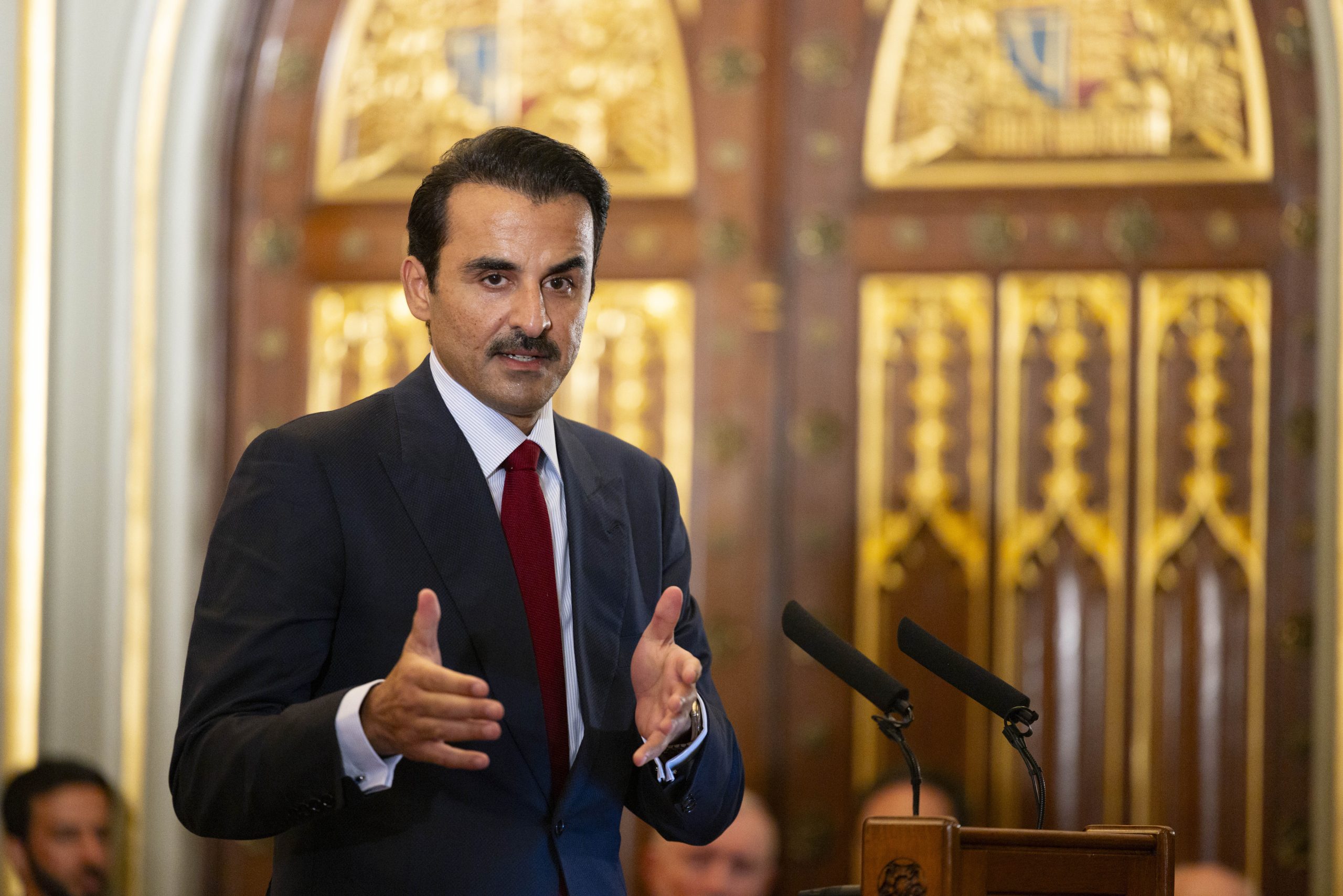
Qatar has advanced two places and regained its position as the most competitive economy in the Middle East, according to new global rankings.
The latest edition of the World Economic Forum’s Global Competitiveness Index (GCI), released this week, ranked Qatar in 14th place overall out of 140 countries.
The high score was mostly driven by its “stable macro-economic environment,” for which it ranked second in the world, driven by a public budget surplus and low government debt due to profitable energy exports, the Switzerland-based WEF said.

However, the 2015-16 report notes that its figures do not take into account the recent significant drop in global oil and gas prices and it warns these “may undermine the country’s performance in future.”
Qatar’s strongest economic factor was said to be its “world class” access to finance and particularly loans, for which the report put it first internationally.
Other strengths include its “very high level of physical security” and its institutions, both of which ranked fourth.
UAE second place
When assessing institutions, it rated factors such as protection of property rights, efficiency and transparency of public administration, independence of judiciary, business ethics and corporate governance.
Meanwhile, the state’s goods and services markets were found by the report to be “highly efficient,” taking fifth place.

Qatar has taken the regional top spot this year from the UAE, which comes in 17th place overall after falling five places since last year.
This is due to the report’s inclusion of a new indicator for tertiary education, which led to a significant drop in the Emirates’ assessment for higher education and training, WEF said.
Qatar is still one place lower than it was in 2013, when it ranked in 13th position and at that time held the title of the most competitive economy in the Middle East for the third consecutive year.
Going forward, Qatar’s position remains more at risk than the UAE if low energy prices continue, “as its economy is less diversified,” the report stated.
Who’s where

The top three nations on the index remain unchanged since last year, with Switzerland holding first place, followed by Singapore, and the US in third.
Germany advanced one place to fourth and the Netherlands steps up three places, coming fifth this year.
In 14th place, Qatar is just behind Canada and ahead of Taiwan.
Regionally, the UAE follows Qatar in 17th place, with the Gulf’s biggest economy Saudi Arabia ranked 25th, then Kuwait (34th), Bahrain (39th) and Oman (62nd).
The West African country of Guinea is at the bottom, just behind Mauritania (138) and Chad (139).
Measurements
To compile the index, the WEF rated each country according to 12 economic “pillars” across three main themes – basic requirements, efficiency enhancers and innovation and sophistication factors.

While Qatar scored highly in some areas, its overall position was pulled down by low scores for higher education and training (27th), the quantity and quality of health and primary education (28th) and technological readiness (31st).
Possibly reflecting its small population and geography, its lowest score (56th) was in the category of market size.
As in previous reports, the WEF advised Qatar to continue its economic diversification, which is enshrined in its National Vision 2030, focusing on education and technology.
“To maintain its strong position, Qatar will have to invest its exceptional wealth in the types of innovation and transfer of technology and know-how that can translate into future economic growth,” the report stated.
It also suggested that the country encourage more inward trade and investment, which “could contribute to bringing in new technologies and know-how and enhancing a culture of innovation.”
You can see the full report here.
Thoughts?







